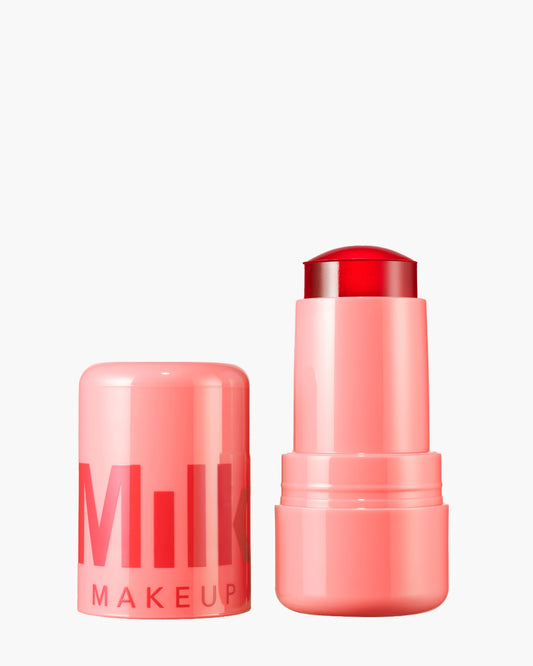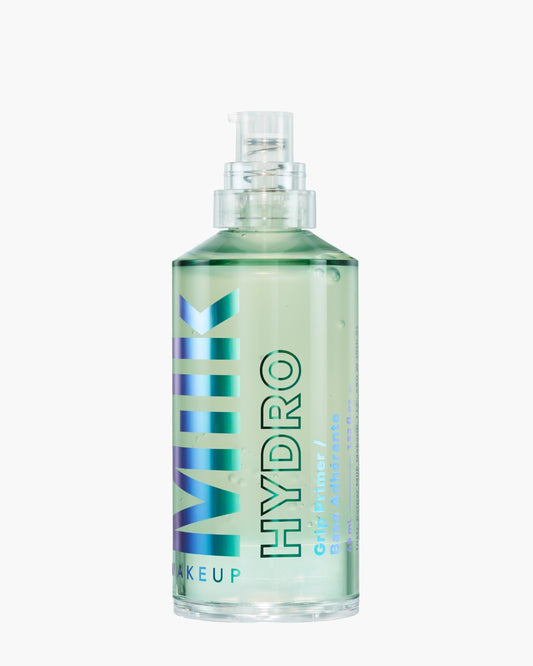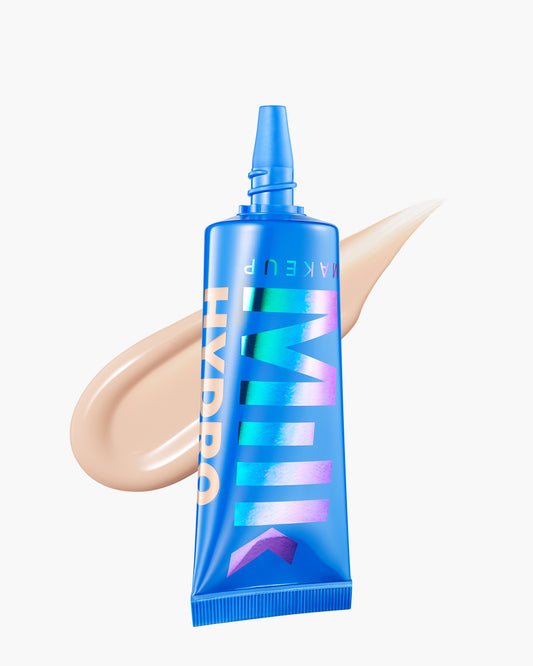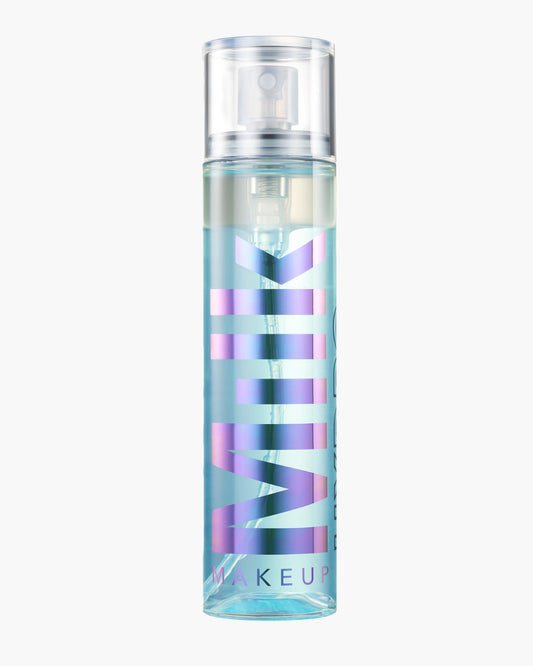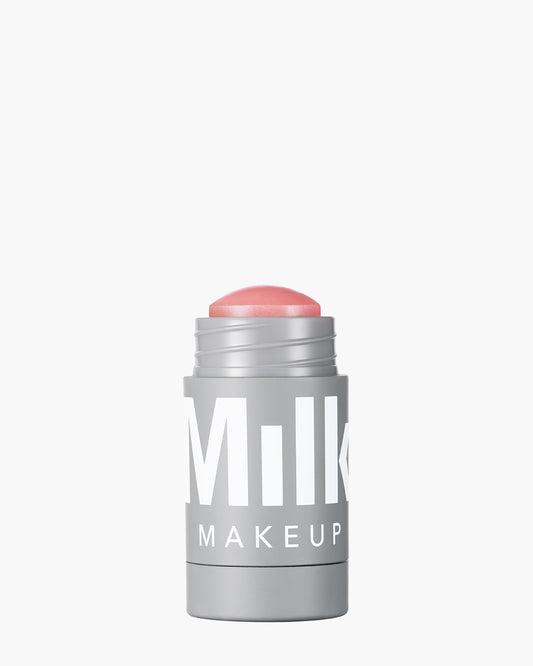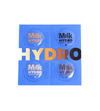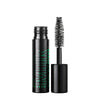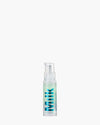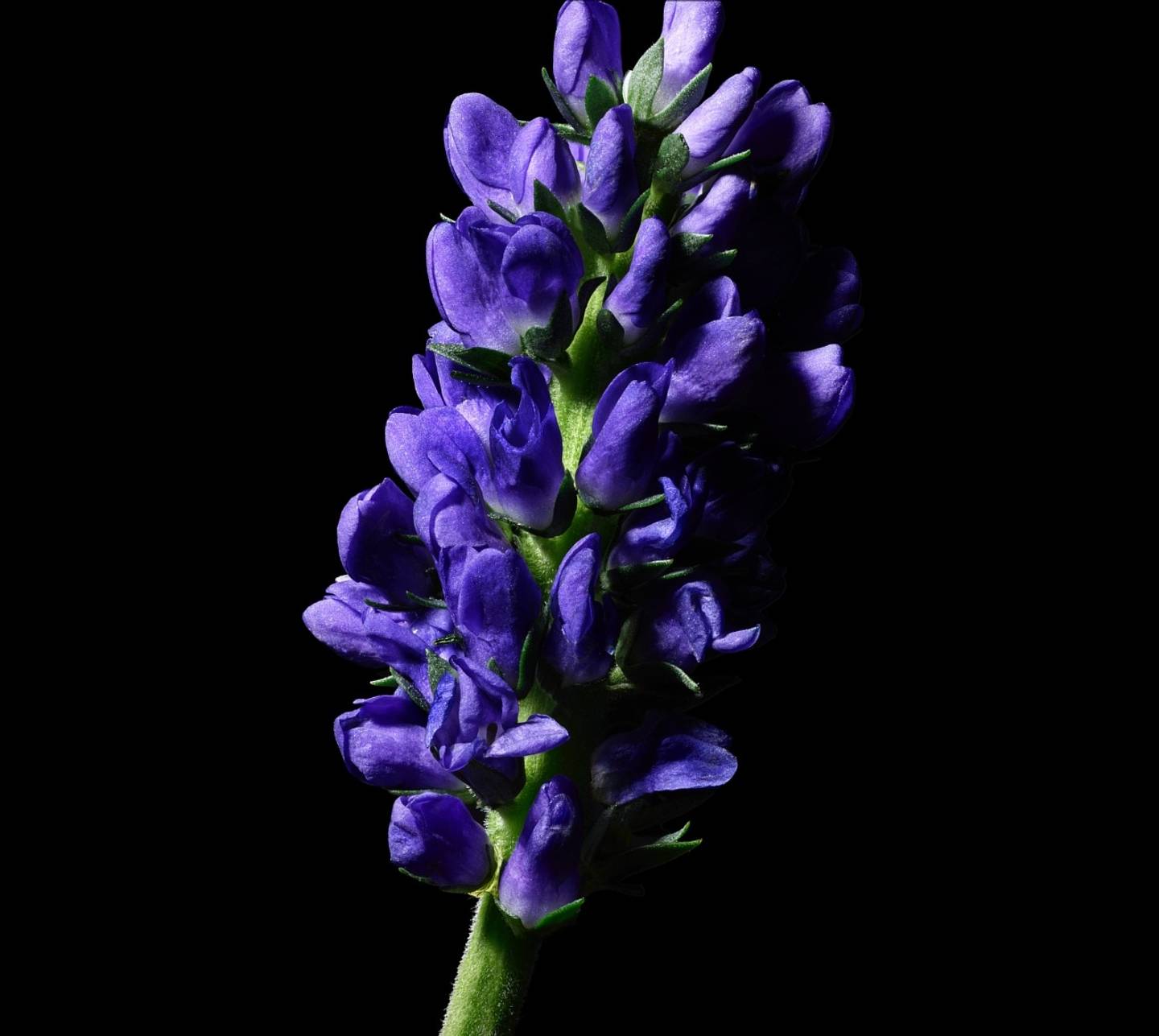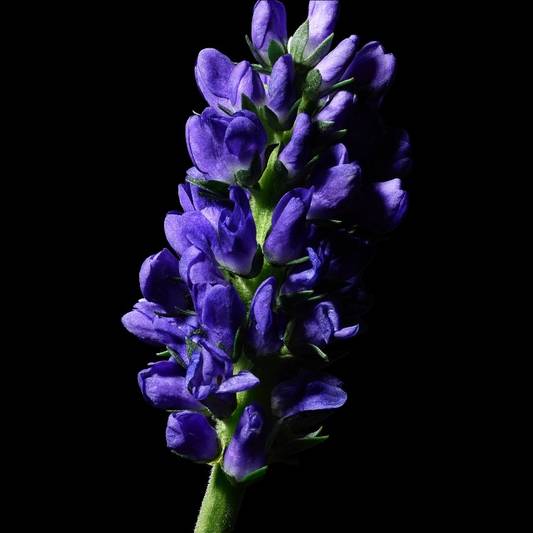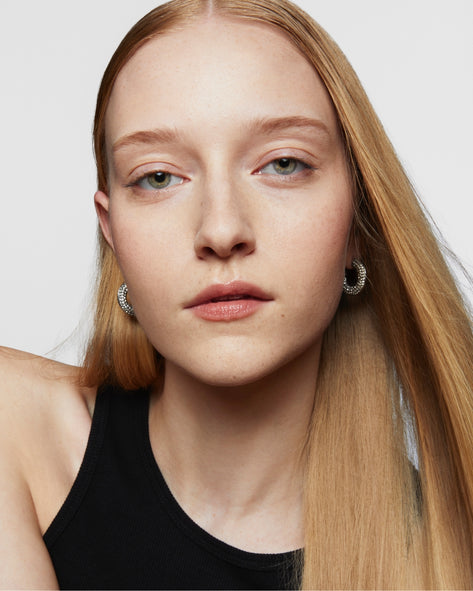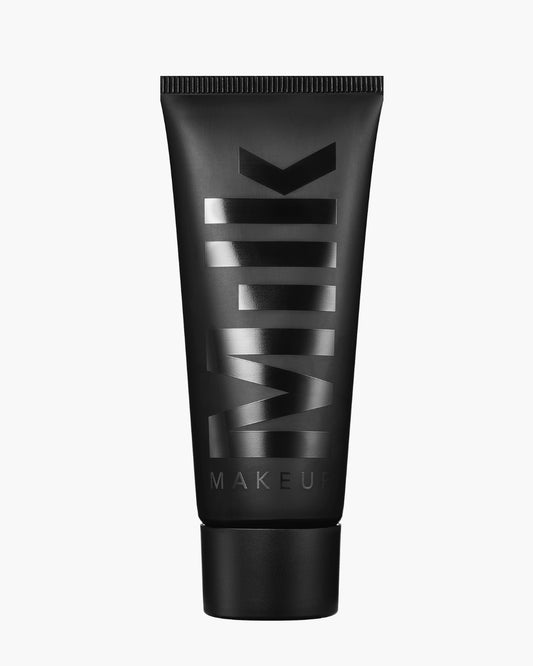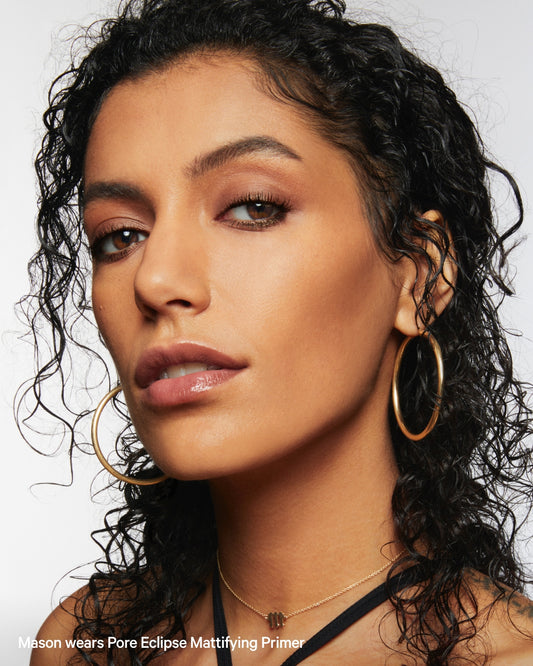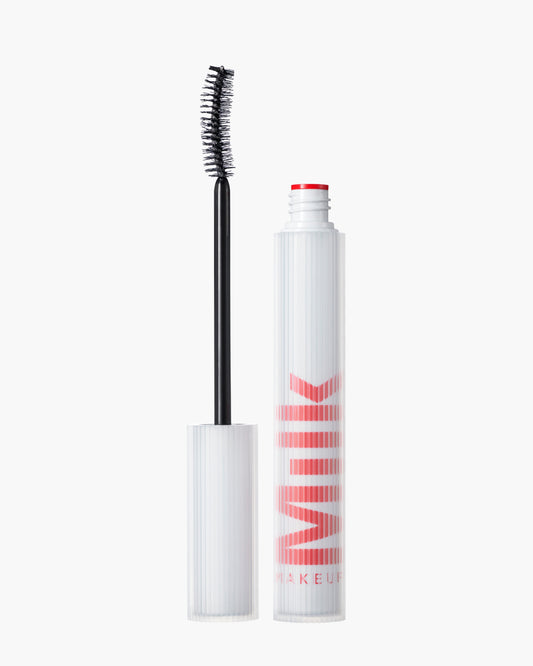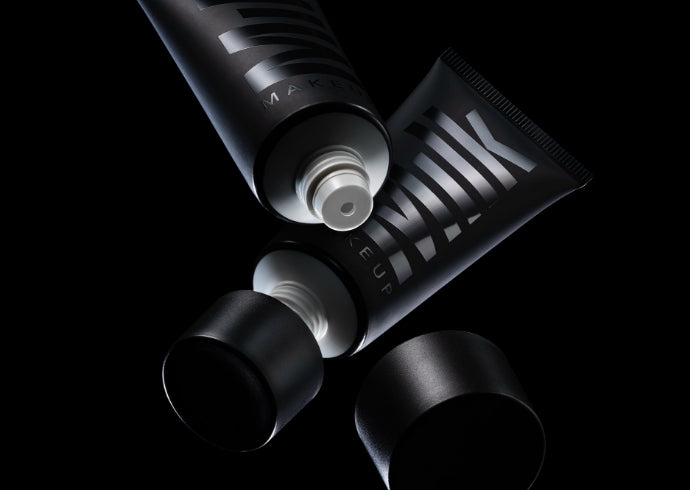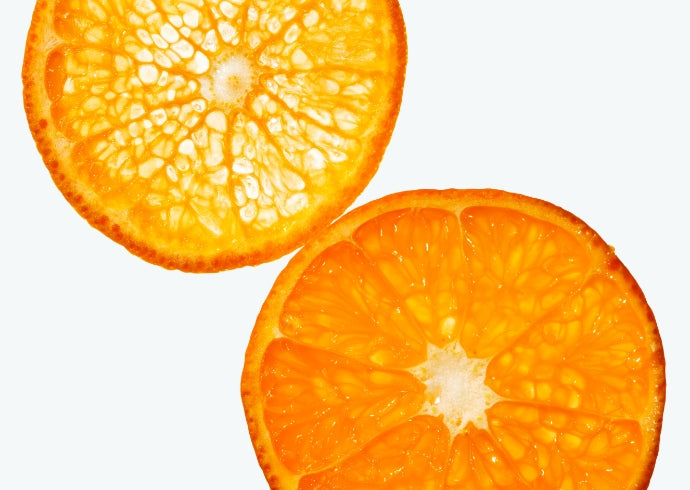Breakout-clearing, skin tone-evening, fine line-smoothing retinol has long been considered the gold standard in skincare products. But bakuchiol benefits are quickly catching up. Over the past few years, bakuchiol has become an increasingly popular skincare ingredient, as it’s a gentle retinol alternative with similar advantages and fewer drawbacks.
Although retinol—a derivative of vitamin A—has a glowing reputation for its multiple uses for combatting signs of aging, it’s not perfect: Because it encourages cell turnover (shedding your old, dull skin cells to reveal fresh new skin underneath), retinoids can cause skin to become dry, red, and flaky as it adjusts to the ingredient. That means it can be unsuitable for sensitive skin types, even at low concentrations.
If you’re curious about making the switch to bakuchiol (a hero ingredient in our Pore Eclipse line), read on to find out exactly how bakuchiol works and how to incorporate it into your skincare routine and makeup application.
What is bakuchiol, and what are the benefits of bakuchiol?Bakuchiol (pronounced buh-koo-chee-all) is a chemical compound derived from the seeds of the Psoralea corylifolia plant, more commonly known as the babchi plant. Long before the ingredient made its way into mainstream skincare products, bakuchiol was used in herbal and ayurvedic preparations in traditional South Asian and Chinese medicines to treat several skin-related concerns, like pigmentation and skin aging. “Bakuchiol is rich in vitamin A and has retinol-like activity on the skin,” says dermatologist Blair Murphy-Rose, M.D. She refers to it as a “retinol mimicker” because it acts on the same receptors as retinol when used as a topical skincare product, therefore sharing the same benefits. Studies, like one published in the British Journal of Dermatology, have found that bakuchiol helps to treat and prevent signs of aging by stimulating skin cell turnover and promoting collagen production, which boosts firmness and diminishes the appearance of fine lines, wrinkles, and dark spots—just as retinol does. It also similarly reduces facial photoaging. The effects of bakuchiol also improve overall skin tone and skin texture by reducing hyperpigmentation and smoothing away roughness, Dr. Murphy-Rose explains. Bakuchiol also has antioxidant properties to fight free-radical damage (still wear SPF though), as well as antimicrobial and antibacterial properties for banishing breakouts. |
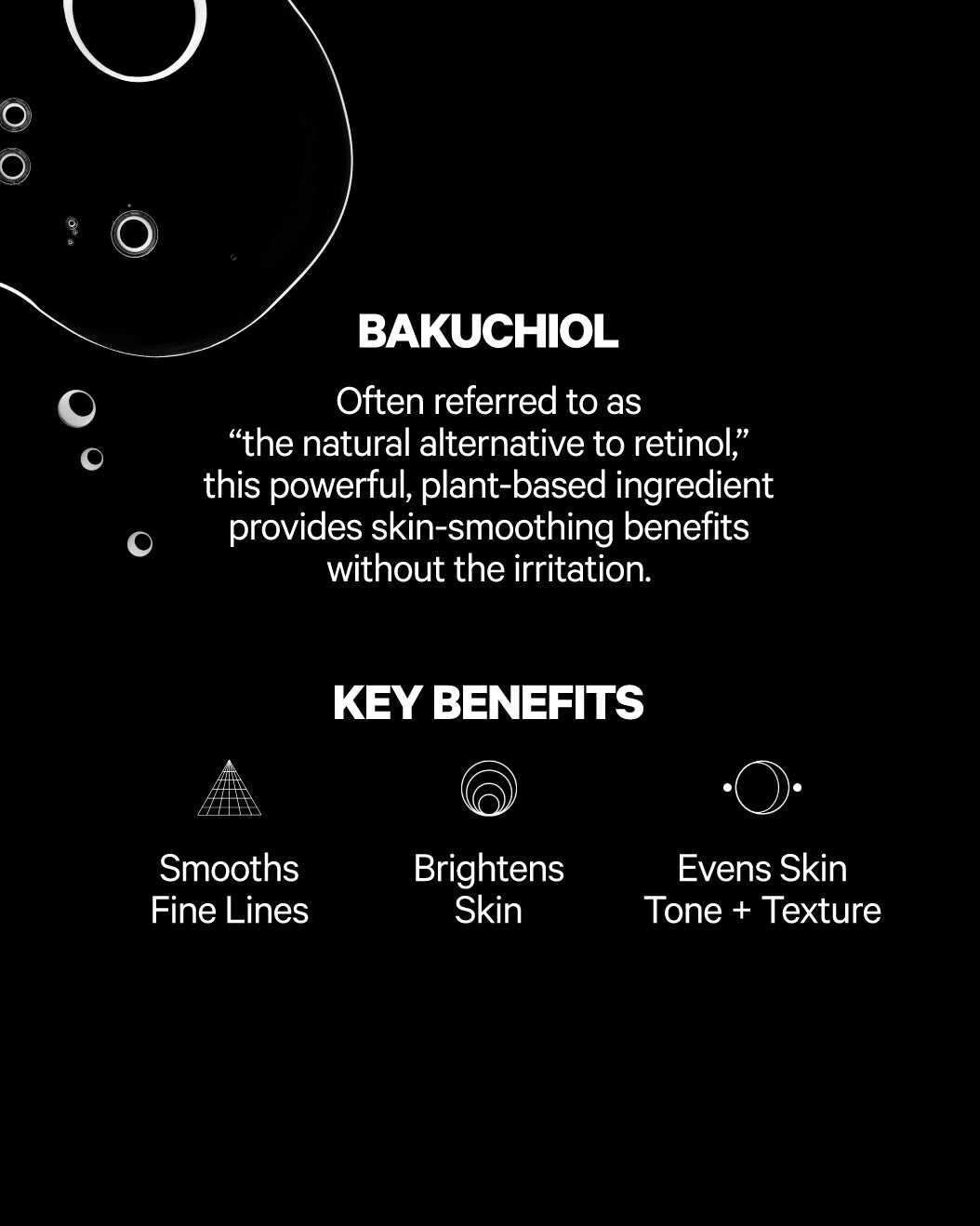 |
What’s the difference between bakuchiol and retinol?
Aside from the fact that bakuchiol is plant-based and retinol is produced synthetically, the key difference between bakuchiol and retinol is what bakuchiol doesn’t do: raise your odds of the sensitivity, dryness, flaking, sun sensitivity, and irritation that retinol is infamous for.
“Studies have shown bakuchiol to have similar efficacy to retinol with reduced irritation,” says Dr. Murphy-Rose. “Unlike retinol, bakuchiol has anti-inflammatory properties, which may contribute to its reduced irritation potential.” In other words, bakuchiol is soothing enough to be a suitable option for those with reactive and sensitive skin. It’s also safe to use while pregnant or breastfeeding while retinoids aren’t recommended in such instances.
Does bakuchiol have any side effects?
Bakuchiol doesn’t have any known side effects or negative skincare ingredient interactions, but Dr. Murphy-Rose says that it’s best to avoid using it with ingredients that can increase skin sensitivity, particularly if you’ve just started using it. “If you are new to bakuchiol, avoid exfoliants and peels, like alpha-hydroxy acids, vitamin C, and salicylic acid,” she says.
This doesn’t mean you need to cut exfoliants from your routine entirely. “If you’ve been using retinol or bakuchiol previously without skin irritation and your skin has become accustomed to it, you can try using a combination for enhanced skin benefits as tolerated,” she says. Another option is to use your bakuchiol skincare products and exfoliants on different days to avoid irritation and dryness.
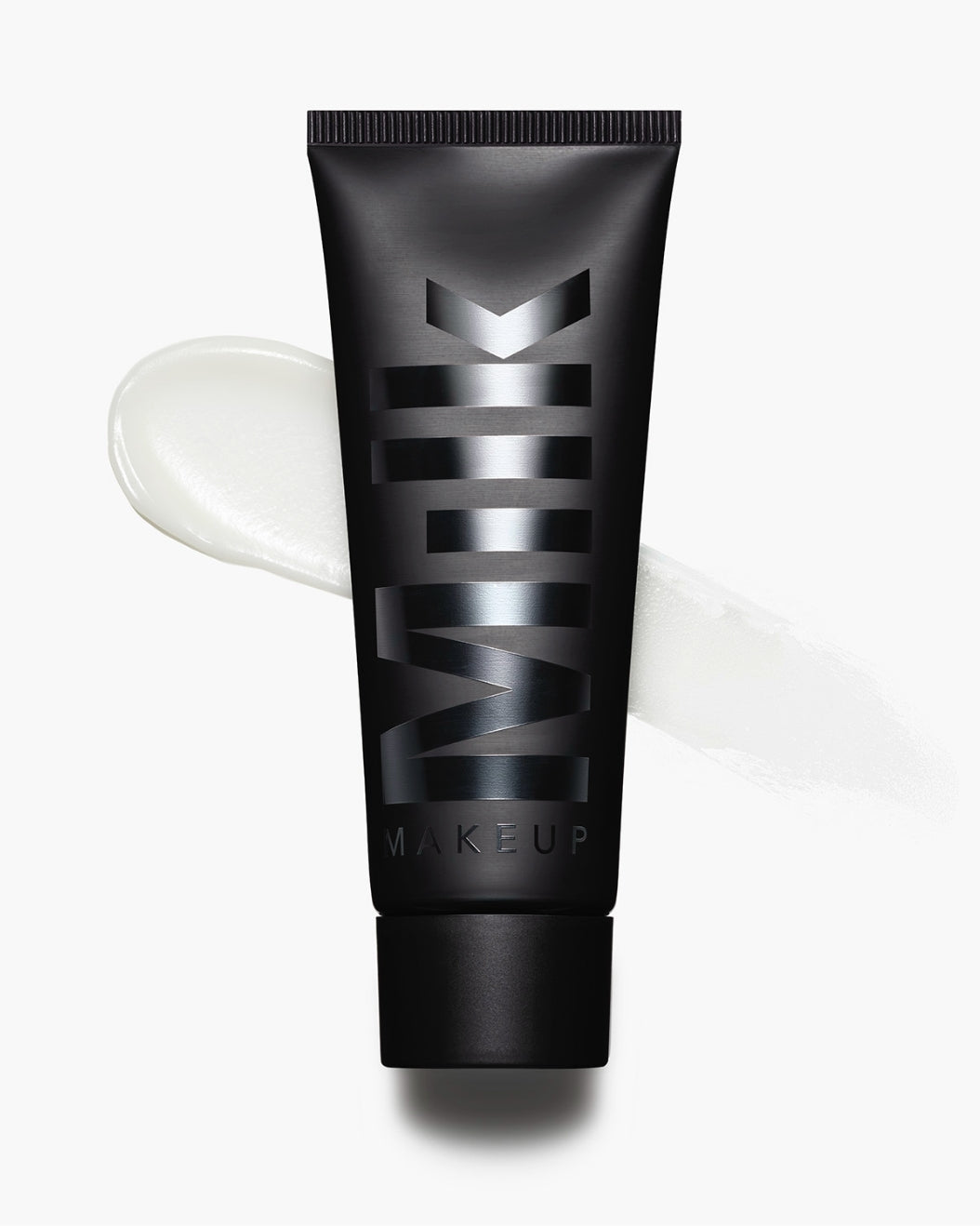 |
 |
Our Best Milk Makeup Products With Bakuchiol
Because it doesn't increase sun sensitivity, you can use bakuchiol in your morning or night skincare routine. Our Pore Eclipse line is one of the easiest ways to pair the effects of bakuchiol with a soft-matte filtered finish that lasts all day.
After slathering on your serum, moisturizer, and sunscreen, you can prime your skin for long-lasting makeup application with either Pore Eclipse Mattifying Primer or Pore Eclipse Matte Blur Stick. In addition to mattifying your skin and providing a silky-smooth, stay-put base for makeup, these lightweight formulas contain bakuchiol to help minimize the look of your pores over time.
Once you’re done perfecting your makeup look, you can lock it in while zapping away shine with Pore Eclipse Matte Setting Spray and Pore Eclipse Matte Translucent Setting Powder. Both feature bakuchiol to help smooth skin. Pore Eclipse Matte Blur Stick is also a great on-the-go option; to use it for touch ups (and a midday bakuchiol boost), just swipe your fingers over the stick, then tap it over any areas that get shiny.
“We chose bakuchiol because it’s a plant-based ingredient that has similar skincare benefits to retinol, but is gentler on the skin,” says Jessica Blanco, our SVP of Product Development and Packaging. “It helps smooth fine lines, even skin tone, and improve skin elasticity.”
Needless to say, if you’re looking for a natural alternative to retinol, look no further than our best-selling bakuchiol products.
Meet the Experts
Blair Murphy Rose, M.D., F.A.A.D. (she/her), is a board-certified cosmetic, medical, and surgical dermatologist specializing in leading-edge facial rejuvenation techniques. Her approach blends science and artistry, employing the most advanced technologies and precise techniques.
Jessica Blanco (she/her) is the SVP of Product Development and Packaging at Milk Makeup. In her role, she seeks out the new, useful, and functional to create our revolutionary and highly innovative Milk Makeup products.
